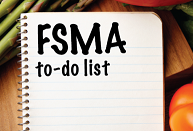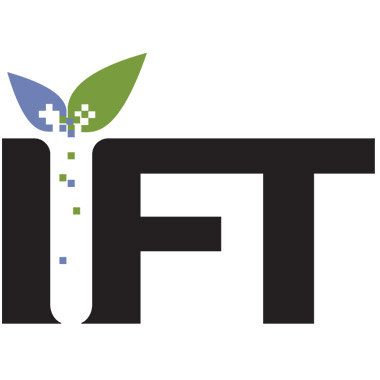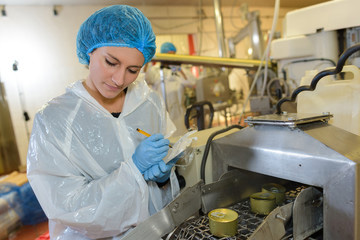

The compliance date extension affords covered entities the additional time necessary to ensure complete coordination across the supply chain in order to fully implement the final rule’s requirements

The compliance date extension affords covered entities the additional time necessary to ensure complete coordination across the supply chain in order to fully implement the final rule’s requirements

You might be the project lead on FSMA 204 and know the rule well but actually getting your company and it’s suppliers all in compliance will take a major team effort, even with the compliance deadline be extended. Regardless of what stage you’re in of your company’s compliance journey, you will always be educating someone on your team or a supplier on FSMA 204. This overview and guide will reinforce some things you already know, plus it is a great tool to share with your team and your suppliers.

The compliance guide describes the requirements of the Food Traceability regulation to assist small entities, including farms and small businesses, in complying with the applicable recordkeeping requirements.

The Institute of Food Technologists (IFT), a nonprofit scientific organization committed to advancing the science of food and its application across the global food system, has released a series of educational videos designed to help food companies better understand how the FDA’s Food Traceability Rule will impact their operations as well as provide guidance on…

The guidance documents do not impose legally enforceable requirements, but they can help stakeholders plan for potential changes that may impact their businesses and organizations. The agency anticipates it will publish many of the listed documents by January 2024.

The final guidance includes recommendations on the requirements to analyze the hazards in food; evaluate a potential foreign supplier’s performance and the risk posed by the food; and determine and conduct appropriate foreign supplier verification activities.

The guidance answers the most commonly asked questions surrounding the agency’s recall authority and is part of FDA’s role in ensuring dangerous food products stay off the market.

The pace of change in food manufacturing and processing is picking up—both from a regulatory standpoint and a technological perspective. Those changes are driving digital transformation in the industry.

FSMA has put a greater emphasis on supply chain management, as stricter regulations require food processing facilities to monitor shipments closer than ever.

Now that we have a couple of years under our belt, how much to we know?